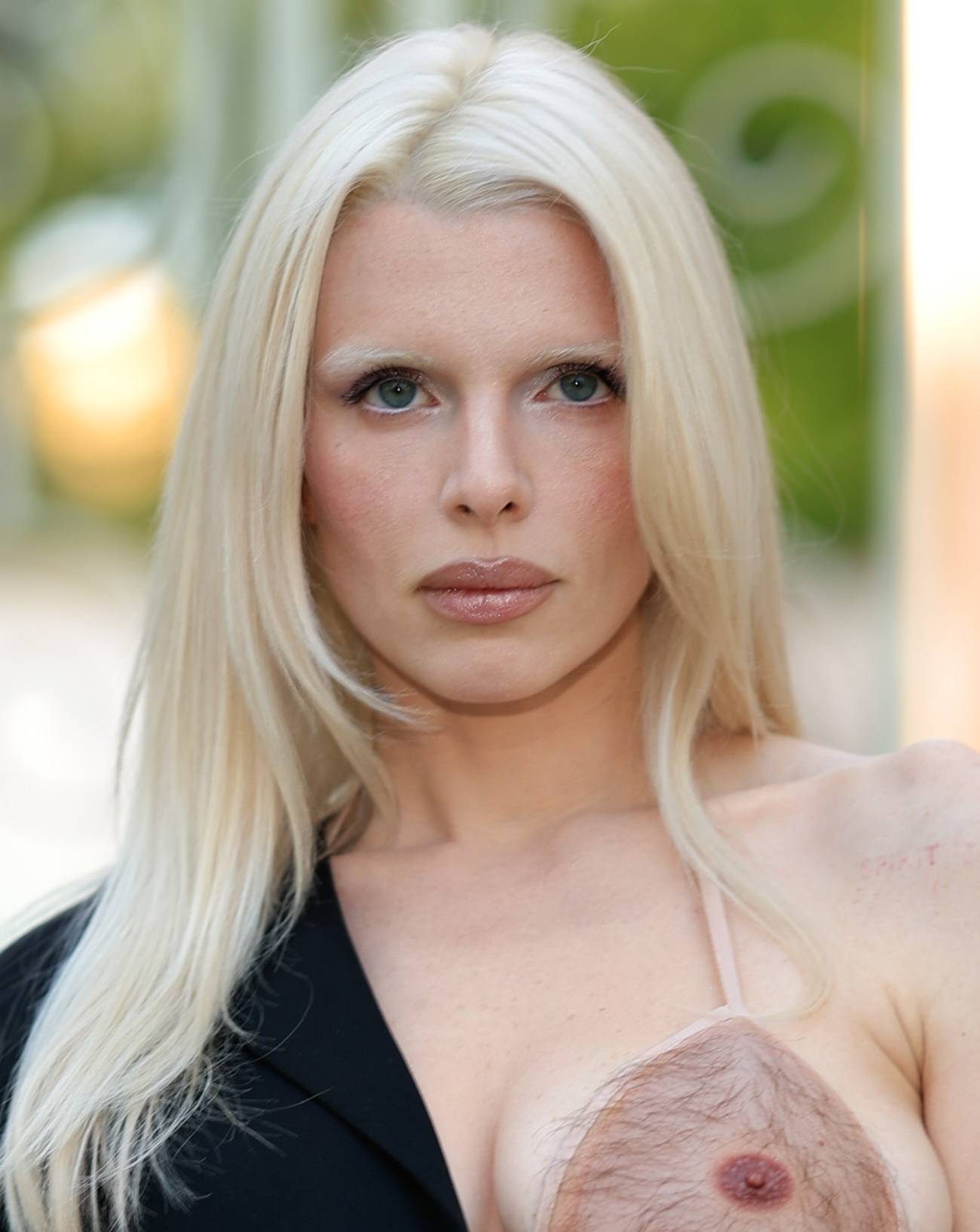

Competing at the Deauville Festival, Carlo Mirabella-Davis’s first full-length feature is the perfect example of a film that takes some time to digest. You walk out of the movie theatre dubious, knocked by an uncertain slowness. After further reflection, attractive elements emerge from this subdued oeuvre that cruelly lacks character. And yet the movie was awarded the Prix Spécial at the Deauville Festival. Carried by the young Haley Bennett - a hybrid of Jennifer Lawrence and Carey Mulligan - Swallow remains a shy thriller lost between two genres. A sinister allegory that's not anxiety-provoking enough to shock, a lugubrious fable that’s not sordid enough to captivate.
Hunter is alone in her big house that’s dull and silent. Her husband, the prototype of a 30-something bourgeois businessman in an impeccable suit, is still at work. He works away more and more with his promotion as director of the family business. The young woman holds a red marble between her thumb and forefinger in front of her eyes. Facing the camera with a scarlet gleam reflecting over her cheek, after a few seconds of hesitation Hunter pops the marble in her mouth… and swallows. It’s only been a few days since her pregnancy test came back positive.... triggering pica disease, the eating disorder. Out of sight, she ingests inedible substances at regular intervals: after the marble comes the pin, the screw, the battery, the earth ...
Carlo Mirabella-Davis’s story is overly modest. By hoping that the sleek thriller would strike a dark comedic note, the filmmaker is happy to sketch out characters that are little more than concepts.


Carlo Mirabella-Davis’s film is inspired by a family story, that of his own grandmother. In the guise of Haley Bennett, the protagonist is de-humanised by the director, who reduces her status to a destitute housewife, weak and incapable of doing anything. When she does the housework, she is locked in a still frame - like a character trapped in a painting painted without her consent. From this frozen image is born a figure irrevocably assigned to a role.
Hunter’s husband loves her only for what she represents: a body capable of satisfying his sexual urges, a body capable of generating his descendants, a presence in his home, a servant…
By swallowing this red marble, incited by A Talent for Joy, the fictional book she opens just once, Hunter finally takes control of her life – lost with an event she has kept silent about. She then swallows the tumour that progressively destroys her, a metaphor for the evil that eats away at her, and ultimately for the child growing inside of her. Just like her monotonous and depressing life, the obsessive-compulsive disorder manifests itself perpetually as she has to expel everything she ingests, like her cooking that is as insipid as her very existence. But Carlo Mirabella-Davis’s story is overly modest. By hoping that the sleek thriller would strike a dark comedic note, the filmmaker is happy to sketch out characters who are little more than simple statuses, concepts even. Especially because it’s so difficult to warm to Hunter, a shy young woman, who retains her virginal innocence, and has none of the progressive and almost demonic surliness of Justine in the horror film Raw by Julia Ducournau (2017).
Extrait de “Swallow” de Carlo Mirabella-Davis
The American director does however master the sense of loneliness inherent to his feature film. While Hunter's in-laws seeks more to protect the offspring than the mother, her husband loves his wife only for what she represents: a body capable of satisfying his sexual urges, a body capable of generating his descendants, a presence in his home, a servant who must “prepare her husband's meal.” And when she does reach orgasm and finally reconnects with her femininity, he doesn’t fail to remind her that his own pleasure comes before hers: “I haven't come myself yet.” The film certainly tackles a harrowing psychological domestic violence.
With Swallow, Carlo Mirabella-Davis turns his camera on representations. Like Nicolas Winding Refn did in The Neon Demon (2016), but slightly more brilliantly. This first film, although original and meticulous, lacks substance and intention. Its contained brutality is far too frustrating.
Swallow, by Carlo Mirabella-Davis, in cinemas now.
Projection lors du Festival du film américain de Deauville.








